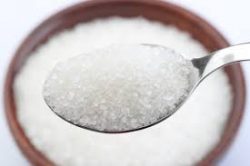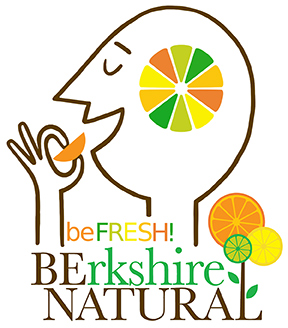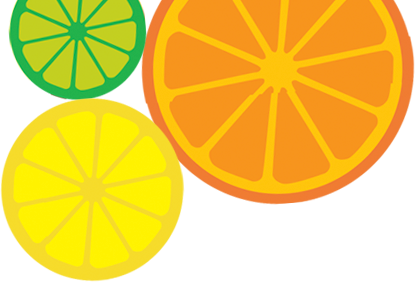The Truth About Your Sugar Intake
July 21, 2016
As summer rolls along, it can be easy to ply kids with ice cream, candy, popsicles and marshmallows. At Berkshire Natural, we’re all for enjoying food and having treats, but your family’s sugar intake is something to consider. Sugar has been in the news recently with Philly passing a tax on soda in the past few weeks and the FDA approving labels for defining added sugar vs. naturally occurring sugar. In fact, a recent study revealed that addiction to sugar is real much like any addiction to a drug.
As part of our mission to help consumers eat healthy, we want to echo the message of the national media educating the general public about the dangers of excessive sugar.
So, why is sugar so dangerous? How much should you actually eat? And, how can you decrease that amount? We’ve got it all here in our blog series all about the truth about your sugar intake.
According to the American Heart Association (AHA), the maximum amount of added sugars you should eat in a day are (based on total amount of calories consumed):
- Men: 37.5 grams or 9 teaspoons
- Women: 25 grams or 6 teaspoons
- Preschoolers: 16 grams or 4 teaspoons
Keep in mind that these are ADDED sugars – not naturally occurring sugars, which the AHA defines as the following:
- Naturally occurring sugars are found naturally in foods such as fruit (fructose) and milk (lactose).
- Added sugars include any sugars or caloric sweeteners that are added to foods or beverages during processing or preparation (such as putting sugar in your coffee or adding sugar to your cereal). Added sugars (or added sweeteners) can include natural sugars such as white sugar, brown sugar and honey as well as other caloric sweeteners that are chemically manufactured (such as high fructose corn syrup).
Added sugar is dangerous for your health for a variety of reasons. There have been many studies done linking sugar with heart disease, cancer, diabetes, tooth decay, obesity, belly fat, reduction of brain power, harmful effects to your liver and more. The main point is that added sugar and excessive sugar is dangerous and unfortunately, is of epidemic proportions in the US.
Unfortunately, in today’s society there are many companies that pump these added sugars into their drinks, snacks and products using deceptive marketing practices tricking people into thinking that they are actually eating healthy foods. For example, Horizon’s Organic Low-Fat Chocolate Milk for kids has 22 grams of sugar – that puts preschoolers over their daily limit with one drink! Stonyfield Yogurt Smoothies, 6 oz. has 24 grams of sugar. Sugar addiction starts early largely because of the things that we happily give to our children because it makes them happy. Candy, soda, cookies, ice cream all delicious treats, need to be eaten in moderation.
Fresh strawberries, fresh corn on the cob, watermelon… These are foods with natural sugars that kids love. They can be used to substitute for all of the high sugar foods with no nutritional value. The research shows that an early indulgence in very sweet foods, even those sweetened with stevia which many zero calorie sodas are, is a precursor towards an increasing expectation for foods with high amounts of added sugar. Moderating these highly sweet foods early in our kids’ lives is one behavior to focus on to set the stage for healthy eating habits throughout our children’s lives.
Stay Tuned for Part 2 of the blog series featuring ways to reduce your sugar intake!
Tags: 2016, AHA, candy, chocolate milk, cookies, eat healthy, healthy, ice cream, natural sugar, nutrition, research, soda, stevia, sugar, sweetener

